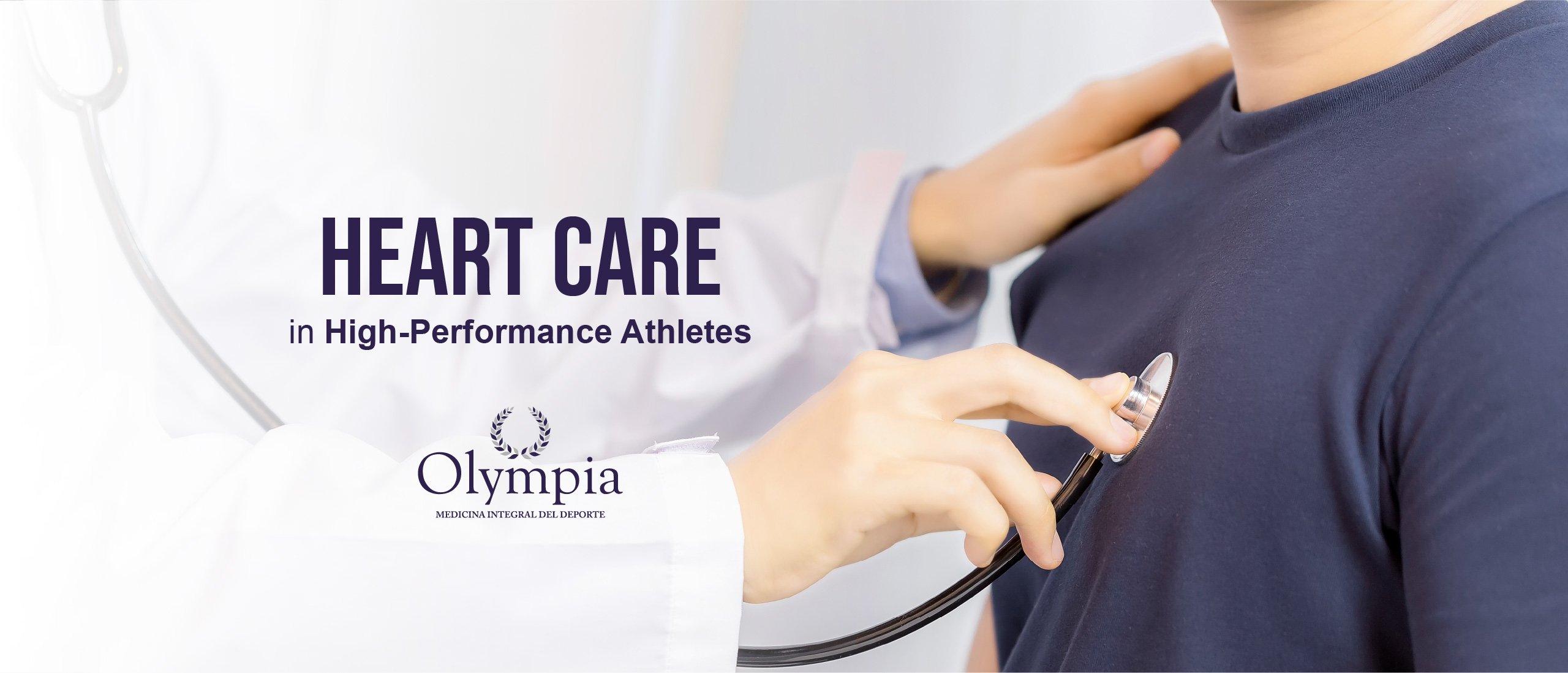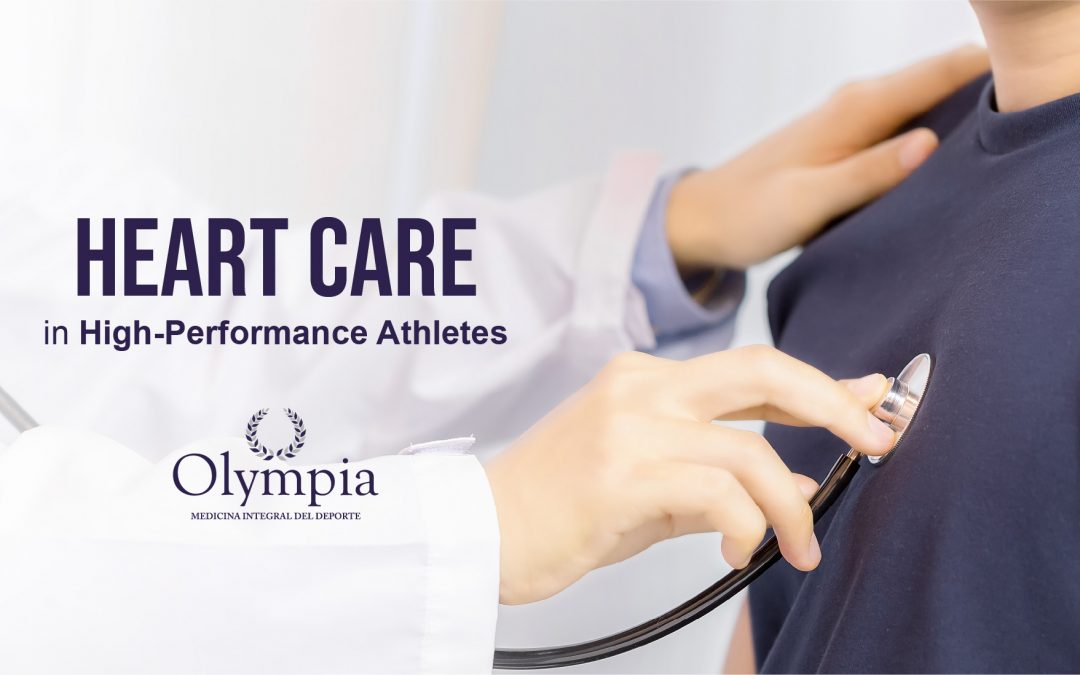
High-performance athletes have a high level of dedication, training, and standard. This is because their training regimens are intense and long, as well as the higher competition between athletes. This level of exercise specifically puts a lot of stress on the cardiovascular system, so personalized heart care and examination is essential for high-performance athletes.
Constantly rigorous exercise causes important cardiovascular adaptations, including changes in the heart. High-performance athletes tend to present what is known as “athlete’s heart”, which is characterized by a larger heart, mainly an increase in the size of the left ventricle (ventricular hypertrophy) and the thickness of the heart walls. They also have a slow resting heart rate, which improves cardiac output and oxygen delivery to the muscles.
However, keep in mind that, just as there are benefits to sports performance, there are also risks of heart problems, such as sudden cardiac death.
What is the importance of an evaluation prior to a competition?
It is recommended that high performance athletes undergo extensive examinations before any major competition, or even before starting a new sport. This includes a complete medical history, medical and physical exams such as a stress test and electrocardiograms (ECG). Which help to identify irregularities such as symptoms related to cardiovascular diseases (palpitations, chest pain, or loss of consciousness), arrhythmias or structural abnormalities that could put health or life at risk during physical activity.
Coaches must work together with a specialized medical team to monitor athletes and start with gradual physical activity, overtraining could affect cardiovascular health, such as increases in the frequency and intensity of training without prior preparation. A gradual training that allows adequate rest and recovery helps prevent cardiovascular problems.
It is also important to remember that training needs are unique to each person, as are physiological requirements during exercise, so personalized care and periodic tests are needed to ensure timely prevention or treatment of any event.
Individual needs include risk factors, nutritional requirements, and stress management. A good diet favors general health and emotional stress could influence heart health, so these pillars should also be taken into account in sports evaluations.
Sports excellence requires commitment and continuous training, but it should not be overlooked that it also requires exhaustive examinations and care due to its influence on cardiovascular health. Comprehensive management must be provided to guarantee and optimize heart care for athletes, including screening tests before starting physical activity or before a competition, and a complete training plan. These elements can help achieve optimal sports performance and safeguard the health of athletes.

